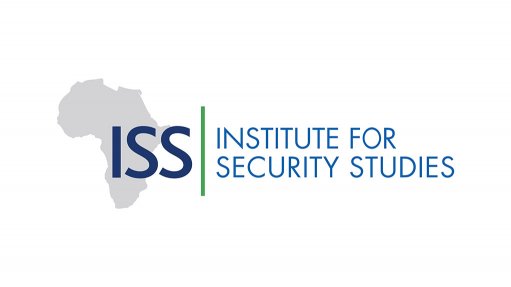
The stakes for public safety have never been higher in South Africa. Last year saw 3 119 more murders and 31 000 more armed attacks in the country than five years ago. Public confidence is at an all-time low, with 77% of all households believing that corruption has worsened over the past three years.
The problem isn’t a lack of resources, skills or necessarily the ability of officers, though. The problem is incompetence and dishonesty at the highest levels of policing which have profoundly weakened the ability of the country’s crime-fighting institutions to tackle corruption and violent and organised crime.
This boils down to the exceptionally poor appointments for the top spots in the South African Police Service (SAPS) and the Directorate for Priority Crime Investigation – the Hawks. And at a time when the country most needs strong leadership, both these positions – the SAPS national commissioner and the head of the Hawks – stand vacant.
The problem is incompetence and dishonesty at the highest levels of policing
South Africa can no longer afford poor appointments to these two posts.
For this reason the Institute for Security Studies (ISS) and Corruption Watch have joined forces to highlight the importance of appointing the best people to head these institutions. The campaign is a call for people to be aware and to urge the leaders responsible for the two appointments – President Jacob Zuma and Police Minister Fikile Mbalula – to implement the policies as set out in the National Development Plan (NDP).
The recommendations of the NDP on the process for appointing the SAPS national commissioner and deputy commissioners were adopted by the African National Congress (ANC) and the cabinet in 2012. The decision to appoint the SAPS national commissioner lies in the hands of Zuma, and that of the head of the Hawks will be made by Mbalula.
The NDP states that the appointment of the national commissioner and deputies should be on a competitive basis against objective criteria, as this would enhance the incumbents’ standing in the eyes of the community and ‘increase the respect accorded to them by their peers and subordinates’.
The ISS-Corruption Watch campaign has laid out a 10-point process for ensuring that an appropriate selection panel is established to develop clear minimum criteria for the post, and to develop a shortlist of candidates from which the president and police minister can select the best people to lead the SAPS and Hawks.
If there is the political will to improve the process for appointing these two leaders, then the above proposal could be implemented with shortlisted candidates available for selection by the end of 2017.
Under better leadership between 1994 and 2012, murder in South Africa dropped by 54%
The NDP identified ‘serial crises of top management’ in the police as a fundamental shortcoming for public safety in South Africa. This was even before the ongoing bombardment of details of state capture by the president’s friends, the Guptas. This indicates that corruption is far worse than many of us realised, which severely compromises the state’s ability to solve the problems of unemployment, poverty and inequality.
Poor police commissioner appointments have reversed the gains made since democracy was achieved. For example between 1994 and 2012, murder levels in South Africa dropped by 54%. Between 2009 and 2011 – under dedicated political leadership and capable operational police commanders – armed attacks on homes and businesses, and car hijackings in Gauteng province decreased by 20%, 19% and 32% respectively. South Africa needs to get back to a place of good leadership.
The SAPS budget has increased by 50% since 2012 to R87 billion. Between 2002 and 2012, the organisation grew by about 68 000 posts. With almost 195 000 employees, the SAPS is now one of the largest policing agencies in the world. Despite the increase in resources and the expertise, SAPS performance over the past five years has deteriorated significantly.
The criminal prosecution of the suspended head of crime intelligence, Lt-General Richard Mdluli, for a variety of crimes, has profoundly weakened SAPS intelligence capacity. This means that the SAPS cannot direct its resources effectively against those who commit serious violent crimes.
Due to ongoing problems with the detective services, the detection and prosecution rates for murder and robbery have declined; and as a result, these crimes are on the rise. It is much easier to be involved in violent crime and corruption today than it was before Zuma took office as president.
Despite more resources and expertise, police performance has deteriorated significantly
The police national commissioner is an immensely powerful position that determines the extent to which the organisation is able to achieve its objectives. Only the SAPS head can ensure that Mdluli is held accountable. Similarly, the head of the Hawks can determine which powerful individuals – be they corrupt cabinet ministers or business people – are thoroughly investigated for their crimes against society.
The people next appointed to the two posts will probably lead these organisations for at least five years. Appointing the best possible police leaders could see a substantial improvement in the safety of all people living in South Africa.
However yet another poor appointment, as has been the case with the previous three permanent SAPS national commissioners, will result in more people being murdered and attacked in the streets, their homes and places of work.
The choice faced by Zuma and Mbalula is a stark one: implement the recommendations of the NDP and act in the public interest, or follow the well-worn path to failure, with a continuing decline in policing and public safety.
Written by Gareth Newham, Head, Justice and Violence Prevention, ISS Pretoria